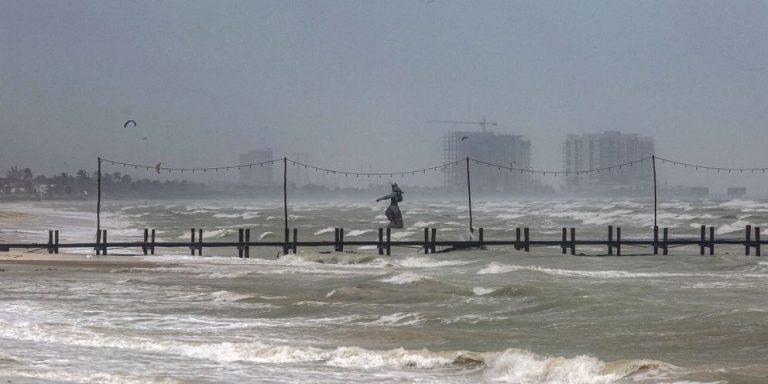Pennsylvania Appeals Court: Images of Mail-In Ballots Are Public Records
An appeals court in the battleground state of Pennsylvania has issued a ruling that advocates of election integrity will no doubt support.

The Commonwealth Court of Pennsylvania ruled that a lower court erred when the judge said that images of absentee and mail-in ballots were exempted from public disclosure under Section 308 of the Election Code, which states that certain election materials are available to the public “except the contents of ballot boxes and voting machines and records of assisted voters …”
In its opinion, the appeals court said the Common Pleas court did not recognize that additional provisions in the state’s election code “designate images of absentee and mail-in ballots as public records.”
Also, Democracy Docket reported that digital “images of cast absentee and mail-in ballots cannot be considered the contents of voting machines,” the court said. However, that does not apply to completed in-person ballots.
The case began in August 2022 when Pennsylvania voter Michelle Previte requested records from the Erie County Board of Elections related to the 2020 general election. Her requests included electronic copies of images of all mail-in ballots and the outer envelopes. In September, the board denied her requests, citing Section 308, the outlet reported.
Previte appealed to the Office of Open Records, which, in October, upheld part of the board’s decision but reversed the denial regarding the images of mail-in ballots and outer envelopes. The board then appealed to the Common Pleas Court, which ruled last year that Previte’s request for ballot images was denied. The court held that these images were considered contents of voting machines and thus exempt from public disclosure under the provision.
In Wednesday’s decision, the higher court, in its ruling, noted an apparent conflict between Section 308 and two other provisions which say that “official mail-in ballots, files, applications for ballots and (complete) envelopes” are public records, as are official absentee ballots. The appeals court determined that those two provisions are “exceptions” to Section 308.
In May, the United States Court of Appeals for the Third Circuit also ruled in a major voting case that will affect Pennsylvania’s procedures for processing absentee ballots, providing a resounding affirmation of election integrity.
The court rejected a request for a full-court review of a previous decision that upheld the requirement for a specific date for absentee voting by a significant 9 to 4 majority.
The decision upholds the rejection of absentee ballots submitted after the deadline, which is a significant win for supporters of strict election laws.
In the case, several voter advocacy organizations, including the League of Women Voters of Pennsylvania and the Pennsylvania State Conference of NAACP branches, contested the rejection of absentee ballots that were not properly dated per state law.
The appellants contended that the date requirement was an essential step in preserving the integrity and order of the voting process, and this included the Secretary of the Commonwealth and multiple county boards of elections.
Election-related issues can occur due to missing dates or inaccurate information. A ballot that does not meet specific legal requirements—such as lacking a postmark date or the voter’s signature and date on an inner envelope—may be disqualified. Laws regarding these requirements vary by state and locality.
“Pennsylvania, like all other states, has devised a web of rules that qualified voters must follow to cast a ballot that will be counted. Mail-in and absentee voters, for their part, must sign and date the declaration printed on the return envelope containing their mail ballot,” Judge Ambro wrote.
“The date requirement, it turns out, serves little apparent purpose. It is not used to confirm the timely receipt of the ballot or to determine when the voter completed it. But the Supreme Court of Pennsylvania ruled that dating the envelope is mandatory, and undated or misdated ballots are invalid under its state law and must be set aside,” Judge Ambro added.
“The provision does not apply to rules, like the date requirement, that govern how a qualified voter must cast his ballot for it to be counted,” the court wrote. “Accordingly, we reverse the District Court’s decision and remand for further consideration of the pending equal protection claim.”
Following the ruling, Pennsylvania now has comparable absentee ballot laws in place alongside several other states.
